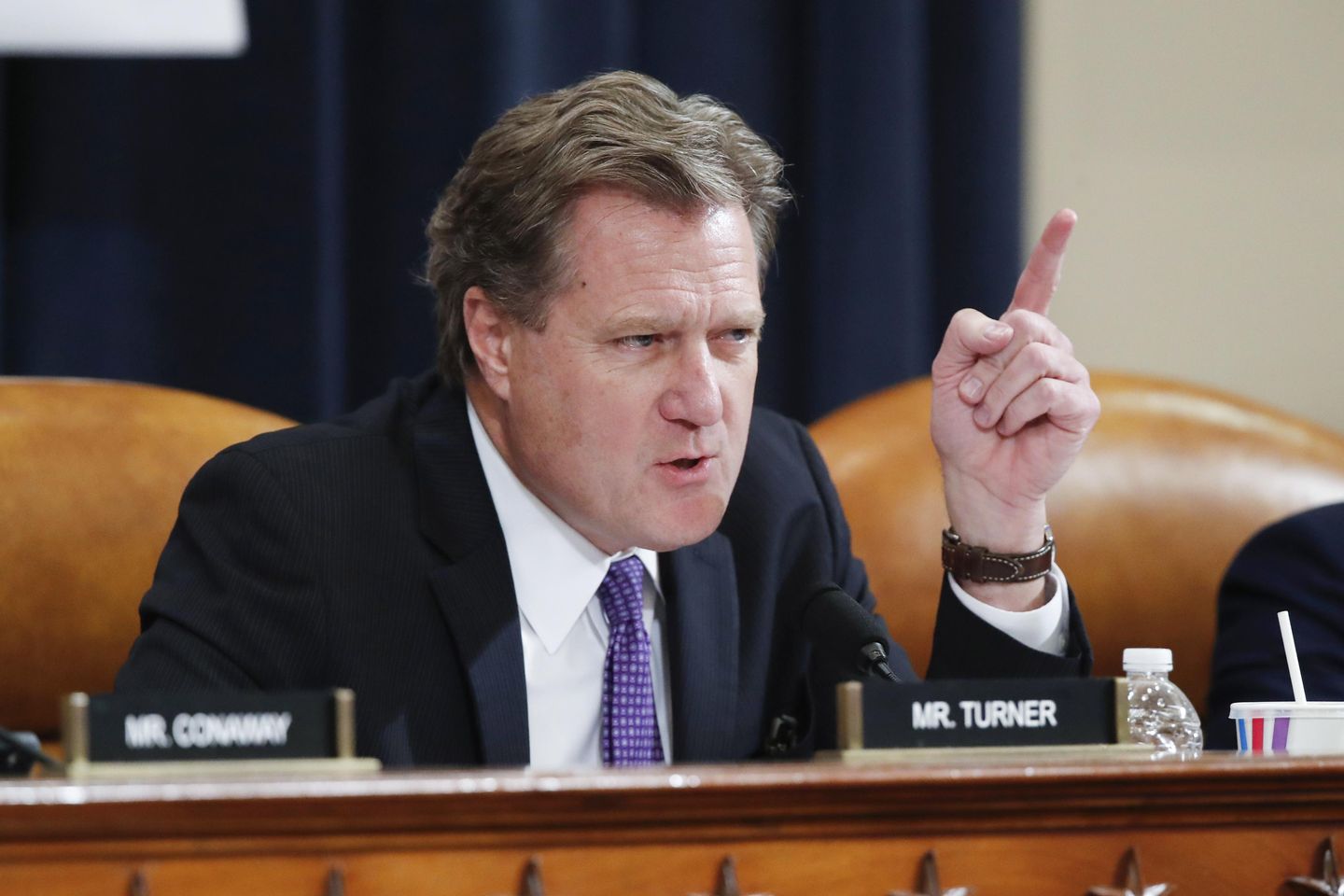The House Intelligence and Judiciary committees engaged in a heated debate over the reauthorization of a key government surveillance tool. This tool, known as Section 215 of the Patriot Act, allows the government to collect information on individuals’ phone records and other communications. The debate comes just one day before the House is set to vote on the reauthorization of this controversial program. Lawmakers on both sides of the aisle expressed strong opinions on the issue, with some arguing that the program is vital for national security, while others raised concerns about potential abuses of power and violations of privacy rights.
During the debate, lawmakers discussed proposed reforms to the surveillance program, including increased oversight and accountability measures. Some members suggested adding requirements for the government to obtain a warrant before accessing individuals’ phone records, while others argued for stricter limitations on the scope of the program. Additionally, concerns were raised about the potential for abuse of the program by government agencies, particularly in light of past incidents of surveillance overreach.
The debate also touched on the broader implications of government surveillance and the balance between national security and civil liberties. Some lawmakers argued that the surveillance program is necessary to protect the country from terrorist threats, while others emphasized the importance of protecting individuals’ privacy rights and preventing government overreach. The discussion highlighted the complex and contentious nature of government surveillance programs, with lawmakers grappling with the difficult task of balancing security concerns with the protection of individual rights.
As the debate continued, tensions flared between members of the House Intelligence and Judiciary committees, with both sides presenting strong arguments for and against the reauthorization of the surveillance program. Some lawmakers voiced concerns about the potential for abuse of the program and emphasized the need for increased transparency and oversight. Others defended the program as a crucial tool for national security and argued that reforms were unnecessary or would hinder the government’s ability to prevent terrorist attacks.
Ultimately, the outcome of the debate remains uncertain, as lawmakers continue to grapple with the complexities of government surveillance and the need to balance security concerns with individual rights. The upcoming vote on the reauthorization of Section 215 of the Patriot Act will be closely watched by advocates on both sides of the issue, as well as by the public at large. The outcome of this vote will have far-reaching implications for the future of government surveillance and the protection of civil liberties in the United States.









